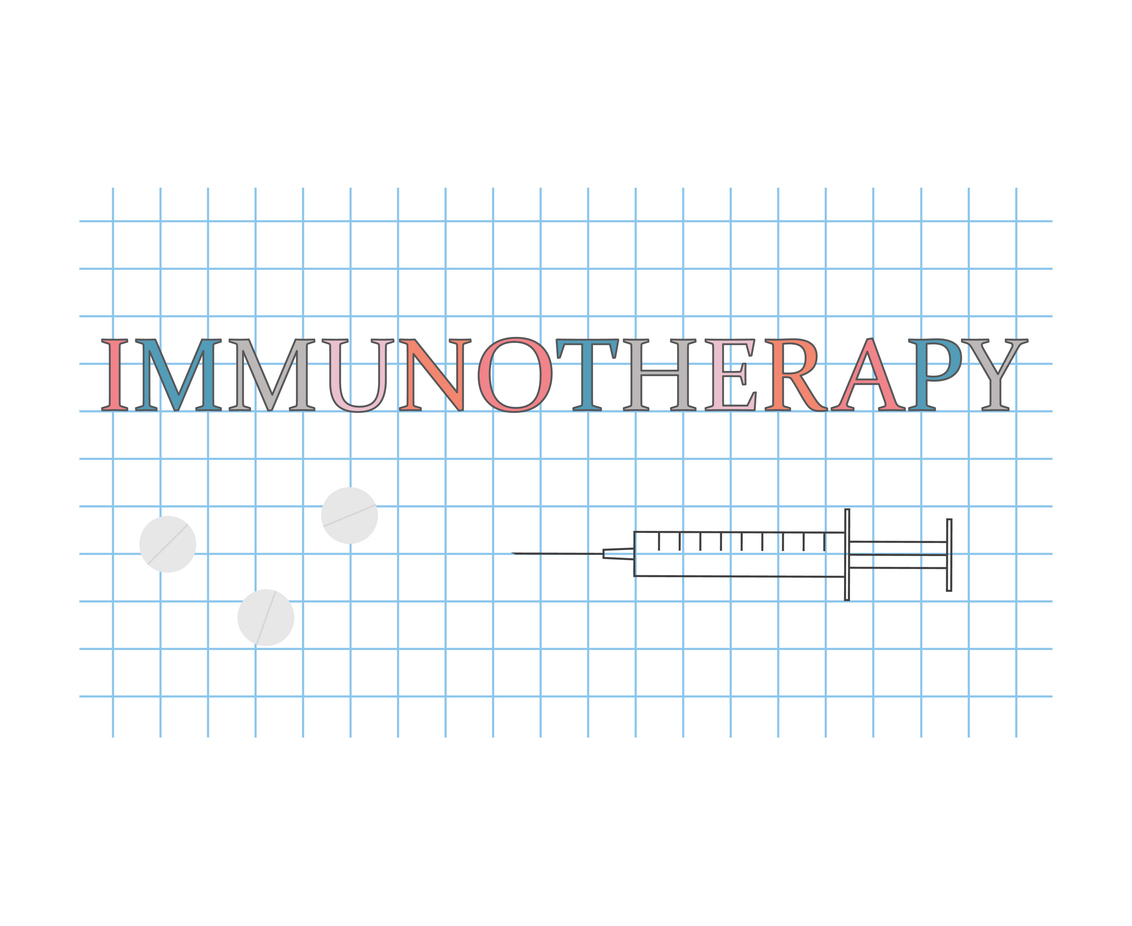2025-05-21
Targeting IL-23 – a winning bet?
Gastroenterology and Hepatology
#UlcerativeColitis #Mirikizumab #UC #IL23
#Immunotherapy #Gastroenterology
Ulcerative colitis (UC) is a chronic inflammatory bowel disease characterized by continuous inflammation of the recto-colonic mucosa, leading to debilitating symptoms such as abdominal pain, rectal bleeding, chronic diarrhea, and impaired quality of life. Although many therapeutic options have emerged over the past two decades—including anti-TNF agents, anti-integrins, JAK inhibitors, sphingosine-1-phosphate modulators, and ustekinumab—rates of primary failure or secondary loss of response remain high. Up to 50% of patients either do not respond or fail to maintain a long-term therapeutic response. In refractory cases, surgery (colectomy) is still required in about 15% of cases, often resulting in significant functional consequences.
Against this complex therapeutic backdrop, recent attention has turned to the interleukin-23 (IL-23) pathway, a key cytokine involved in the differentiation of Th17 lymphocytes, which plays a major role in the pathophysiology of UC. Mirikizumab, a monoclonal antibody that specifically targets the p19 subunit of IL-23, may therefore offer an innovative, more targeted, and potentially better-tolerated alternative to previous approaches.
This study was designed to evaluate the clinical, endoscopic, and histological efficacy of mirikizumab, as well as its safety profile compared to placebo.
For this study, four multicenter randomized clinical trials involving over 2,350 patients with moderate to severe UC were selected. Induction therapy was administered intravenously (IV), followed by maintenance therapy in a subcutaneous (SC) form. Efficacy criteria included clinical remission (Mayo score ≤ 2), clinical response, endoscopic and histological remission, and symptomatic remission.
Results showed clear superiority of mirikizumab over placebo. During the induction phase, IV doses of 200 mg and 300 mg led to significant clinical remission (RR = 4.74 and 1.82, respectively). For maintenance therapy, clinical remission at 52 weeks was achieved in 49.9% of patients versus 25.1% in the placebo group. The treatment effects were also significant for clinical response (RR = 2.01), endoscopic remission (RR = 1.92), and histological remission (RR = 1.84). Sensitivity analyses, excluding studies at high risk of bias, confirmed the robustness of the findings.
In terms of tolerability, adverse event rates were similar between groups. A few isolated cases of opportunistic infections or liver enzyme elevations were reported, without any major safety signals. The discontinuation rate due to adverse events was lower in the mirikizumab group compared to placebo (RR = 0.23).
Ulcerative colitis is a chronic inflammatory condition of the colon marked by persistent inflammation of the digestive mucosa. Despite therapeutic advances, it remains a true clinical challenge—particularly in patients who fail conventional biologic therapies such as anti-TNF agents or JAK inhibitors. These refractory cases require effective, long-lasting, and well-tolerated alternatives.
The goal of this study was to evaluate the clinical, endoscopic, and histological efficacy of mirikizumab, an anti-IL-23p19 antibody, in patients with moderate to severe UC, as well as its safety compared to placebo. The results confirm that mirikizumab leads to significant and sustained improvement in disease activity markers. It also demonstrates a favorable safety profile, with fewer treatment discontinuations due to adverse events compared to placebo. These data position mirikizumab as a serious therapeutic option, particularly relevant for patients who have failed multiple prior treatments.
Future prospects include conducting head-to-head trials against other IL-23 inhibitors, more precise stratification of naïve vs. previously exposed patients, and identifying predictive biomarkers of response. If confirmed, mirikizumab could become a future standard of care for moderate to severe UC, especially in treatment-resistant scenarios.
Ulcerative colitis (UC) is a chronic inflammatory bowel disease characterized by continuous inflammation of the recto-colonic mucosa, leading to debilitating symptoms such as abdominal pain, rectal bleeding, chronic diarrhea, and impaired quality of life. Although many therapeutic options have emerged over the past two decades—including anti-TNF agents, anti-integrins, JAK inhibitors, sphingosine-1-phosphate modulators, and ustekinumab—rates of primary failure or secondary loss of response remain high. Up to 50% of patients either do not respond or fail to maintain a long-term therapeutic response. In refractory cases, surgery (colectomy) is still required in about 15% of cases, often resulting in significant functional consequences.
Against this complex therapeutic backdrop, recent attention has turned to the interleukin-23 (IL-23) pathway, a key cytokine involved in the differentiation of Th17 lymphocytes, which plays a major role in the pathophysiology of UC. Mirikizumab, a monoclonal antibody that specifically targets the p19 subunit of IL-23, may therefore offer an innovative, more targeted, and potentially better-tolerated alternative to previous approaches.
This study was designed to evaluate the clinical, endoscopic, and histological efficacy of mirikizumab, as well as its safety profile compared to placebo.
Mirikizumab: finally the right answer?
For this study, four multicenter randomized clinical trials involving over 2,350 patients with moderate to severe UC were selected. Induction therapy was administered intravenously (IV), followed by maintenance therapy in a subcutaneous (SC) form. Efficacy criteria included clinical remission (Mayo score ≤ 2), clinical response, endoscopic and histological remission, and symptomatic remission.
Results showed clear superiority of mirikizumab over placebo. During the induction phase, IV doses of 200 mg and 300 mg led to significant clinical remission (RR = 4.74 and 1.82, respectively). For maintenance therapy, clinical remission at 52 weeks was achieved in 49.9% of patients versus 25.1% in the placebo group. The treatment effects were also significant for clinical response (RR = 2.01), endoscopic remission (RR = 1.92), and histological remission (RR = 1.84). Sensitivity analyses, excluding studies at high risk of bias, confirmed the robustness of the findings.
In terms of tolerability, adverse event rates were similar between groups. A few isolated cases of opportunistic infections or liver enzyme elevations were reported, without any major safety signals. The discontinuation rate due to adverse events was lower in the mirikizumab group compared to placebo (RR = 0.23).
Read next: Intestine–pancreas: a confirmed connection
A game-changing new option
Ulcerative colitis is a chronic inflammatory condition of the colon marked by persistent inflammation of the digestive mucosa. Despite therapeutic advances, it remains a true clinical challenge—particularly in patients who fail conventional biologic therapies such as anti-TNF agents or JAK inhibitors. These refractory cases require effective, long-lasting, and well-tolerated alternatives.
The goal of this study was to evaluate the clinical, endoscopic, and histological efficacy of mirikizumab, an anti-IL-23p19 antibody, in patients with moderate to severe UC, as well as its safety compared to placebo. The results confirm that mirikizumab leads to significant and sustained improvement in disease activity markers. It also demonstrates a favorable safety profile, with fewer treatment discontinuations due to adverse events compared to placebo. These data position mirikizumab as a serious therapeutic option, particularly relevant for patients who have failed multiple prior treatments.
Future prospects include conducting head-to-head trials against other IL-23 inhibitors, more precise stratification of naïve vs. previously exposed patients, and identifying predictive biomarkers of response. If confirmed, mirikizumab could become a future standard of care for moderate to severe UC, especially in treatment-resistant scenarios.
Read next: IBD: a double burden

Last press reviews
Colorectal cancer: a blood test to identify patients at risk of recurrence

By Ana Espino | Published on March 2nd, 2026 | 3 min read<br><br>
Cancer: when biotin becomes a therapeutic lever

By Elodie Vaz | Published on February 27, 2026 | 3 min read<br>
